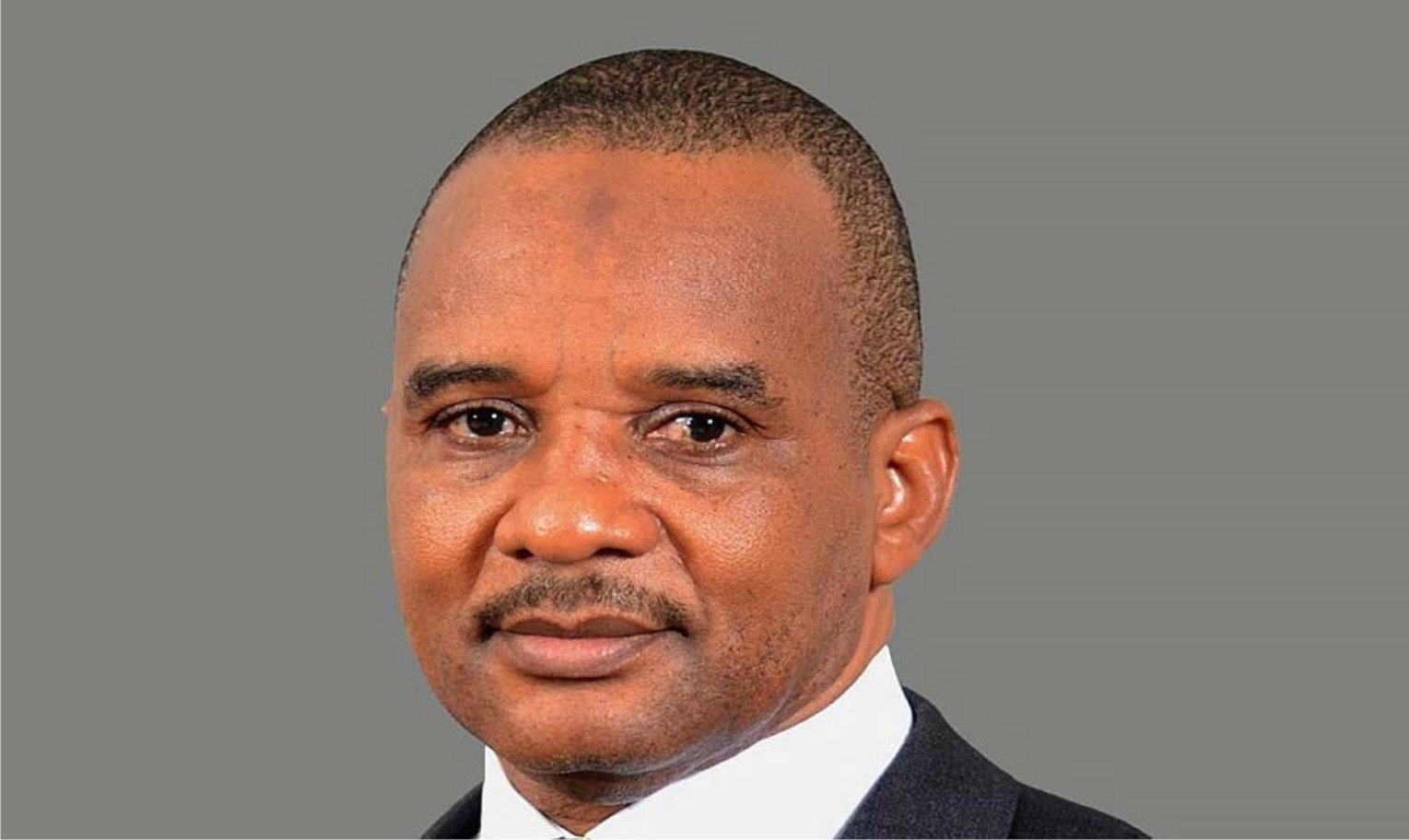Maritime
Maritime: Nigeria Developing Policies To Improve Seafarers’ Training, Certification, Remuneration – Nimasa Dg …Says Seafarers Are Key To Humanity’s Survival, Wellbeing Amid COVID-19

Director-General of the Nigerian Maritime Administration and Safety Agency (NIMASA), Dr. Bashir Jamoh, has disclosed that there are policies in the pipeline to improve the quality of training and certification, as well as remuneration for the country’s seafarers. Jamoh stated this on Thursday in Lagos during a webinar hosted by NIMASA to mark the Day of the Seafarer.
The session featured local and international participation, with the key speaker and consultant at Transbasin Limited, Dubai, United Arab Emirates, Karen Ogidigben Onimisi, and Nigerian Labour Attaché at the International Labour Organisation (ILO) in Switzerland, Essah Aniefiok Etim, calling for better welfare and support for seafarers.
The Director-General stated, “Policies are in the pipeline to improve the quality of training and certificates we give to the seafarers. We are taking steps to standardise the curriculum of our training institutions in line with international standards.
“We are also working on increasing the remuneration of our seafarers. These policies would be announced as soon as we complete work on them.”
He said seafarers were among the most courageous people in the world, stressing that the theme for this year’s Day of the Seafarer, “Seafarers are Key Workers,” is a “testament to the fact that the world cannot do without seafarers. Seafarers hold the key to humanity’s survival on a day-to-day basis.
“They hold the key to our wellbeing in this time of COVID-19 period.”
Jamoh praised seafarers for sustaining the global supply chain, distributing urgently needed medical supplies with enormous risk to their lives and families.
“The seafarers are unsung heroes, they are also our invisible heroes. We see their handwork everyday and everywhere in agricultural machinery, the food we eat, and the unbroken run of the manufacturing base, despite the global lockdown.”
The Director-General spoke on the challenges faced by seafarers amid the coronavirus pandemic, including stringent work conditions in some countries, movement restrictions, lockdowns, crew change difficulties, fatigue and seasickness, and disruption of contracts.
But he said, “As a regular, we have taken steps to alleviate the suffering of the seafarers. NIMASA was among the first government agencies to declare seafarers as being on essential duty, and we published this in a marine notice. We also issued COVID-19 guidelines to incoming ships towards ensuring that there is no importation of the virus by sea.
“NIMASA was the first in West Africa to issue a COVID-19 marine notice.
“We challenged ship-owners and employers of seafarers to take necessary proactive measures to lessen the pains of seafarers.
“We also walked in lockstep with the IMO to tailor all our marine notices in the early period of COVID-19 towards supporting the extension of the validity of seafarers’ certificates, crew change, guidelines, procedure and their designation as essential workers.”
Jamoh added, “It is said that a good sailor weathers the storm he cannot avoid; COVID-19 was a storm Seafarers couldn’t avoid. As tried and tested seamen and women, our seafarers have continued to weather this storm for us. We celebrate you today. Nigeria thanks you, the world appreciates you, NIMASA as a regulator will never abandon you. We will support you all the way.”
Karen, who is Director, Maritime Sector Consultant at Transbasin Limited, Dubai, United Arab Emirates, called on the international community to render necessary assistance to seafarers, especially during the COVID-19 pandemic. She commended NIMASA for supporting seafarers during the pandemic and emphasised the need for Nigeria to develop post-pandemic measures to make the country’s seafarers internationally marketable and competitive.
Karen said, “Seafarers are part of the global supply chain and should have access to shore leave at ports in accordance with global regulations. There is also a need to look at improved ways to mitigate the challenges that COVID-19 has brought before us, commencing with digitalisation of our processes, including local training and licensing of Nigerian seafarers.”
Etim, who is ILO Nigerian Labour Attaché, Permanent Mission of Nigeria to the United Nations in Switzerland, sued for better working conditions for seafarers. He called for greater opportunities to make their voices heard, saying they should be encouraged through appropriate rewards and compensations.
As part of the activities marking the day, NIMASA donated to the seafarers items that included essential commodities, Personal Protective Equipment (PPE), facemasks, and hand sanitisers.
The Day of the Seafarer, marked June 25 every year worldwide, is a day set aside by the International Maritime Organisation (IMO) to celebrate seafarers and recognise their invaluable contribution to the global economy. This year’s virtual event, themed, “Seafarers are Keyworkers”, held via WebEx, specifically draws attention to the critical role and challenges of seafarers in the COVID 19 period.
Maritime
Inefficiency, corruption bane of Regional Trade,Says NACCIMA Boss

Maritime
Stakeholders Advocate Legal Framework For NSW Project

Maritime
Customs To Impose 3% Penalty On Commercial Banks Over Delay In Remittances Of Collected Revenue


